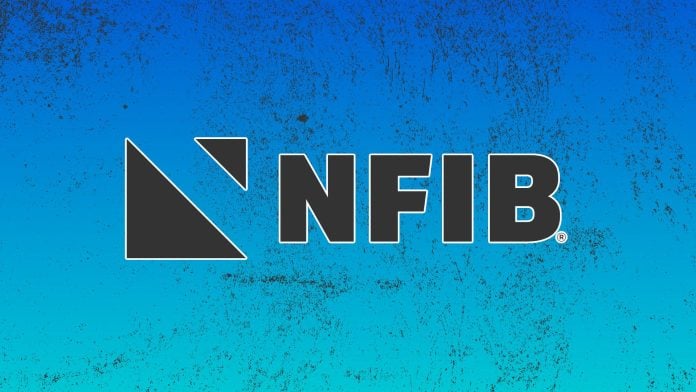In a move aimed at promoting fair access to financial services, the U.S. Small Business Administration (SBA) recently instructed its network of over 5,000 lenders to end practices that deny banking opportunities based on political or ideological beliefs. This directive comes as part of Executive Order 14331, titled “Guaranteeing Fair Banking for All Americans,” and signals a significant shift in how financial institutions handle customer relationships, particularly in the context of increasing partisan tensions.
SBA Administrator Kelly Loeffler emphasized the need for equitable banking practices, stating, “Access to banking should not be a partisan issue – but far too many confirmed debanking cases have targeted right-leaning businesses, non-profits, and people.” According to Loeffler, the administration is committed to correcting discriminatory practices that not only affect individuals but also threaten the livelihood of small businesses across the nation.
Historically, both the Obama and Biden administrations have faced criticism for pressuring banks to engage in what has been termed "debanking." This practice involved freezing accounts, denying loans, or otherwise restricting services as a form of political retribution against so-called "politically disfavored" groups and businesses. Operation Chokepoint, initiated under President Obama, notably targeted gun manufacturers and other lawful entities, perpetuating a culture of fear among small business owners who felt vulnerable to financial retaliation.
For small business owners, the repercussions of these practices have been significant. Many have found themselves unable to secure essential banking services simply because their beliefs or affiliations did not align with prevailing political views. With the SBA’s new mandate, there is hope that previously marginalized businesses will regain access to the financial resources necessary for survival and growth.
The action requires lenders to address several key areas by December 5, 2025:
-
Identify any past or current policies that supported unlawful or politicized debanking practices.
-
Reinstating clients who were denied services due to such practices, informing them of their eligibility for banking services.
-
Notifying potential clients previously denied access to services and reinstating their eligibility to engage with the lenders.
- Submitting a compliance report to the SBA by January 5, 2026, to confirm adherence to these directives.
While small business owners may welcome this change, there are practical considerations to take into account. Adapting to the new regulations may require lenders to invest resources in tracking past policies and communicating with affected customers. For business owners, the reinstatement process may not be seamless and could depend heavily on how well their lenders understand and implement the new directives.
Moreover, it remains to be seen how financial institutions will adapt to these requirements and whether they will face resistance within their own ranks, especially if disagreements arise on the definition of “politically motivated” actions. The efficacy of these measures will likely depend on the willingness of lenders to embrace a more inclusive approach to customer relations.
“This Administration is putting an end to the discriminatory debanking practices that have cost too many hardworking Americans their businesses or the opportunity to start one," Loeffler said. Her comments underline the urgency of this initiative, as small businesses represent a vital sector of the economy that often bears the brunt of financial instability.
By reinstating access to financial services for previously debanked customers, the SBA aims to create a more level playing field for all small business owners, regardless of political affiliation. It is an ambitious goal that, if achieved, could empower entrepreneurs who previously felt sidelined within a polarized banking environment.
The SBA’s commitment to ensuring fair banking is set against a backdrop of increasing political scrutiny of financial institutions, making it essential for small business owners to stay informed about changes that could impact their access to critical services.
By navigating these challenges and advocating for fair treatment within the banking sector, small business owners may find new opportunities for growth as they regain access to the financial tools they need. Business owners interested in more details about these initiatives can follow the link to the original announcement from the SBA here.
Image Via BizSugar



